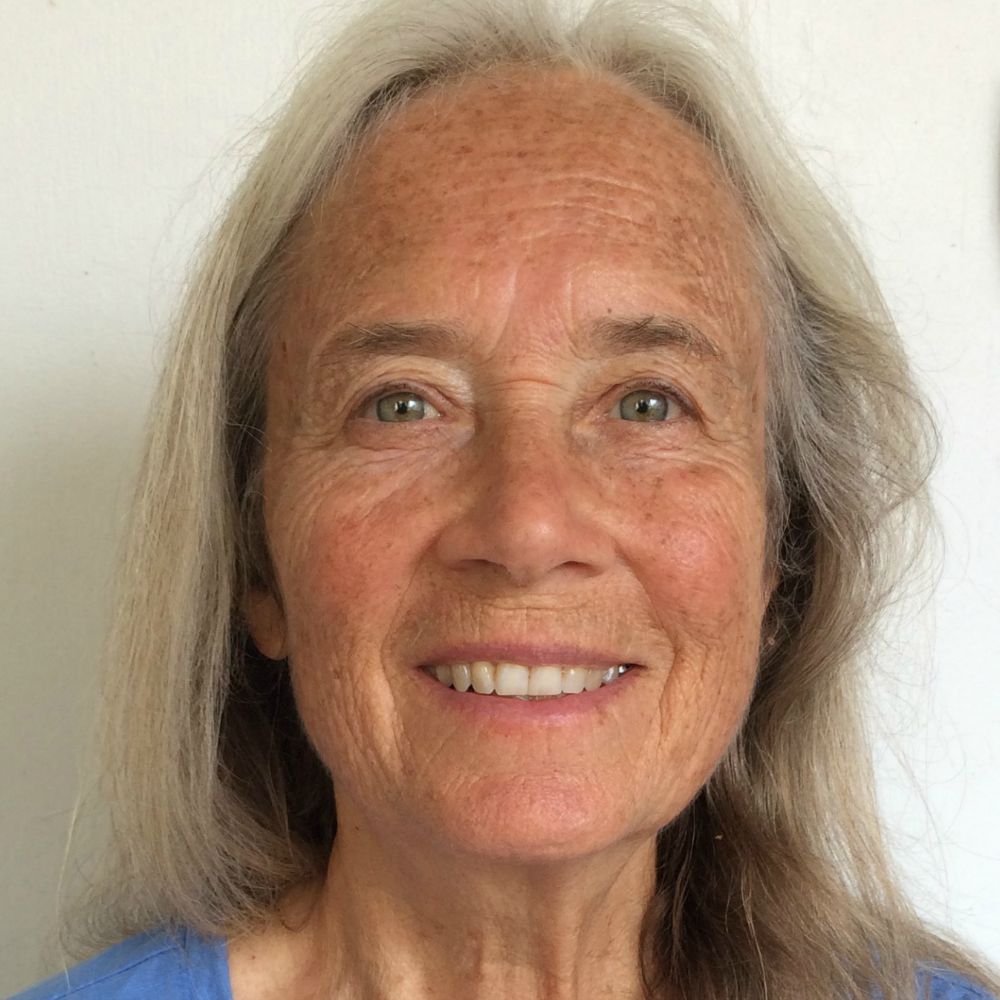Since Medicare was signed into law fifty years ago today, everyone 65 or over is eligible, regardless of health status or income.
The results have been quite remarkable.
Before Medicare, many of our elders could not afford hospitalization or doctor visits. Our grandparents truly suffered, going without treatment, or depended on their families. Medicare successfully lifted millions of Americans out of poverty and dramatically increased life expectancy. (1)
Medicare totally transformed US healthcare by requiring that segregated hospitals serve all seniors in order to receive reimbursement from Medicare funds, integrating 1,000 hospitals. (2)
Medicare has problems that need to be addressed, but it’s not what many people think. People ask, isn’t Medicare going broke? The answer is no according to the Medicare Trustees. (3)
The problems with Medicare involve privatizing the system with Medicare Part C, the Medicare Advantage plans and Medicare Part D, prescription drugs.
Medicare Part C pays private insurance companies significantly more than traditional Medicare for Medicare Advantage plans. That’s your tax dollars going directly to Big Insurance. (4)
Medicare Part D prohibits Medicare from negotiating drug prices. Despite its size, Medicare is not allowed to “interfere with the negotiations between drug manufacturers and pharmacies and [Part D plan] sponsors”. In comparison to other U.S. government programs such as Medicaid and the VA, significantly higher prices are paid by Medicare Part D. (5)
Medicare is under pressure. There are those who want to privatize Medicare for investor profits and eviscerate a powerful safety net for seniors. (6)
Medicare needs our protection. It needs to be improved and it needs to expand.
Medicare was always intended to be extended to everyone. By establishing a good program that worked for people over 65, It would become the foundation for a national program. (7)
Seniors have benefited from Medicare for 50 years. It’s time for everyone to benefit from a national health program, Medicare for all.
Notes
1.https://kff.org/medicare/video/the-story-of-medicare-a-timeline/
2. “The Federal Government’s Use of Title VI and Medicare to Racially Integrate Hospitals in the United States, 1963 Through 1967,” by P. Preston Reynolds, MD, PhD.
3. Medicare Trustees Report (Premiums covered in Appendix E)
5. https://carleton.ca/sppa/wp-content/uploads/Mirror-Mirror-Medicare-Part-D-Released.pdf
6. https://www.modernhealthcare.com/article/20150318/BLOG/303189965
7. Ted Marmor, The Politics of Medicare.

























